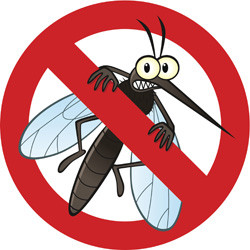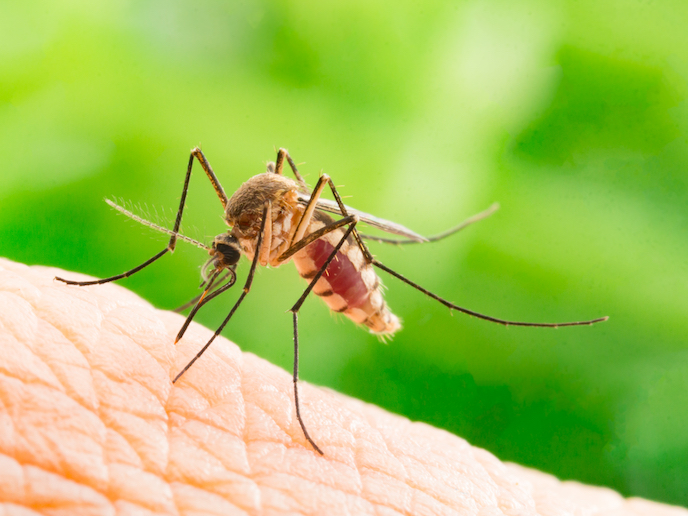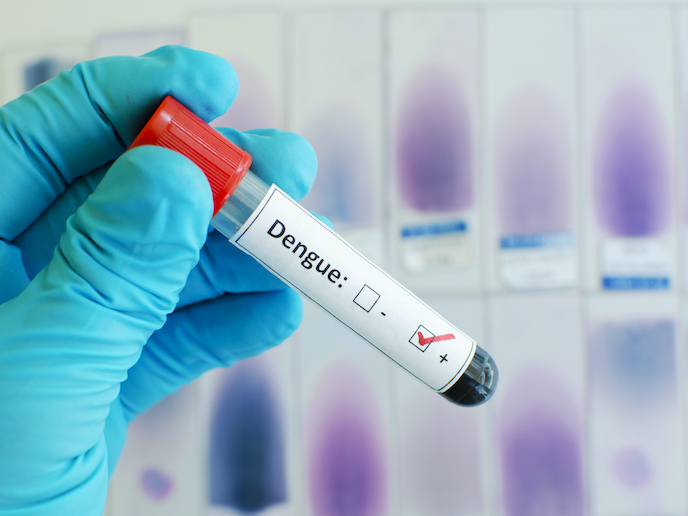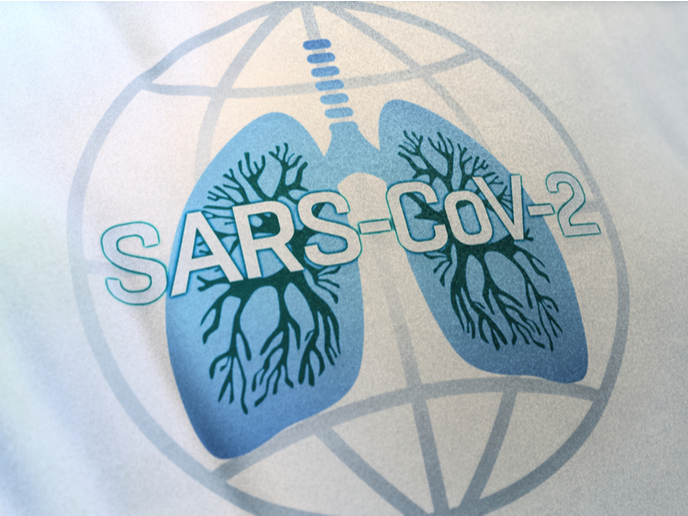Malaria-blocking strategies
Malaria is a vector-borne infectious disease caused by the parasite Plasmodium falciparum that gets transmitted by blood-sucking mosquitoes. Current control measures are focused on eliminating the vector reservoir and avoiding contact with humans. However, such remedies have proved largely ineffective due to the rapid spreading of insecticide-resistant vectors. The scope of the EU-funded TRANSMALARIABLOC(opens in new window) collaborative initiative was to develop novel strategies for minimising malaria transmission. Efforts mainly concentrated on rendering mosquitoes unable to transmit the parasite and included transmission-blocking vaccines and drugs as well as strategies to make mosquitoes resistant to parasites. Through model analysis they verified that current measures are inadequate for stopping disease transmission and more effective strategies are required. In this context, the consortium screened a plethora of compounds and identified that natural extracts from Neem trees presented with significant malaria prevention properties. Interestingly, their work also unveiled a novel role of HIV protease inhibitors in the developmental arrest of the parasite. This finding paves the way towards the design of integrated therapies for both HIV and malaria infections. The epidemiological work of TRANSMALARIABLOC discovered that certain antibiotics posed children at risk of disease transmission. Given the widespread use of antibiotics in African countries to treat other diseases, this result is of great significance to public health. Project teams were nonetheless hopeful that the identification of new transmission-blocking targets and the development of novel vaccines will effectively prevent malaria spreading in the near future. The two most promising vaccines (P25 and P230) are currently being evaluated in clinical trials. Considerable efforts went into the genetic analysis of both the parasite and the vector, leading to the discovery of key genes and signalling pathways that are implicated in the process of infection. This strong genetic component of mosquito infectivity could help identify the specific ecological and geographical characteristics of malaria transmission. Taken together, the pioneering work of the TRANSMALARIABLOC study has firmly established the concept of blocking malaria transmission as one of the most valid approaches to disease eradication. By providing tools and novel solutions, project researchers hope to provide the answer to one of the world's most devastating infections.







